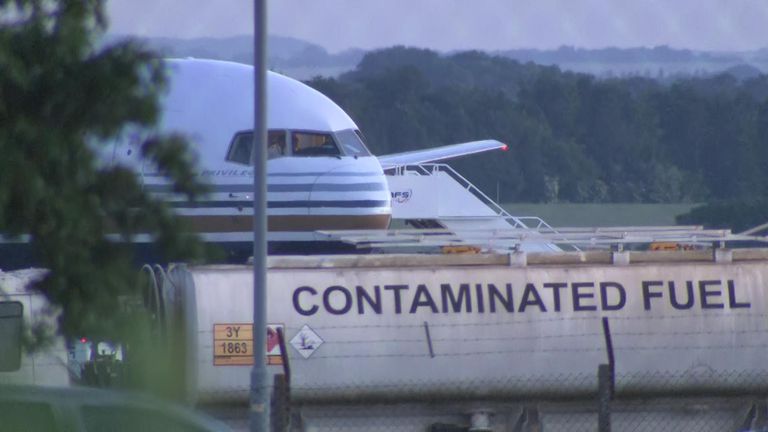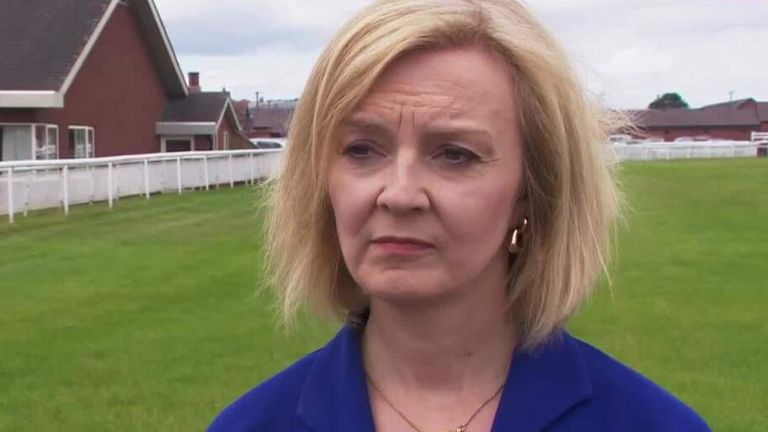The government has been allowed to keep parts of internal documents about Rwanda secret as part of a High Court challenge against plans to deport asylum seekers there.
A handful of charities and several asylum seekers are challenging the Home Office over proposals to provide one-way tickets to the east African country for those who enter the UK on small boats in the Channel. The flights have so far been halted due to last-minute legal challenges.
The Foreign, Commonwealth and Development Office (FCDO) tried to withhold 10 extracts from two documents ahead of the main hearing in September over the lawfulness of the plan.
On Tuesday, the court heard the Home Office had previously asked for an FCDO official with knowledge of the region to review their Country Policy and Information Note for Rwanda, a document summarising the country’s conditions.
The FCDO claimed comments added to the draft and emails from the official could not be shared due to public interest immunity as they could harm international relations.
On Wednesday, Lord Justice Lewis ruled that four of the extracts could be withheld, as could some specific words in others, under public interest immunity.
He found some of the redacted words were already in the public domain and had “evidential significance” to the main challenge against the Home Office so could be shared.
Lord Justice Lewis said other words were not in the public domain and would cause “serious harm to the public interest” if disclosed.
Christopher Knight, representing eight asylum seekers, the Public and Commercial Services union, Detention Action and Care4Calais, opposed the bid to keep the documents redacted and said the Home Office has already provided “a significant array of evidence addressing the critical views advanced by the government about the government of Rwanda”.
Mr Knight quoted from one of the documents written by the unnamed FCDO official, which said torture and “even killings” are accepted in Rwanda.
In July, court documents revealed the UK’s High Commissioner to Rwanda warned against the proposal as the country “has been accused of recruiting refugees to conduct armed operations in neighbouring countries”.
Rwanda was initially excluded from the shortlist of potential partner countries for the Home Office’s proposed immigration policy on human rights grounds, according to the documents.
The recommendation was not to pursue Rwanda as an option but the government pushed ahead with it anyway.
Clare Moseley, founder of refugee charity Care4Calais, one of the charities bringing the challenge, said the “public has a right to know” about all the information.
“If we are to go down the path of this shockingly brutal policy – a policy that could make our country complicit in human rights violations – then the public have a right to scrutiny of the decisions made,” she said.
“Previously disclosed documents show the Foreign Office warned the government that refugees should not be sent to Rwanda due to its poor record on human rights.
“The Home Office must stop trying to pull the wool over the public eyes and just be straight with them. The Rwanda policy is brutal and inhumane, it will not work and the Home Office and its ministers know it.”
Lord Justice Lewis said two of the extracts contained “relatively brief generalised comments, expressed in part in loose and imprecise language”.
“I stress that I express no view on the merits of any of the claims for judicial review and I express no views on whether or not any of the grounds of challenge will be made out.,” he added.
“This judgment is concerned solely with the question of whether or not particular parts of the evidence should be withheld on grounds of public interest immunity.”


